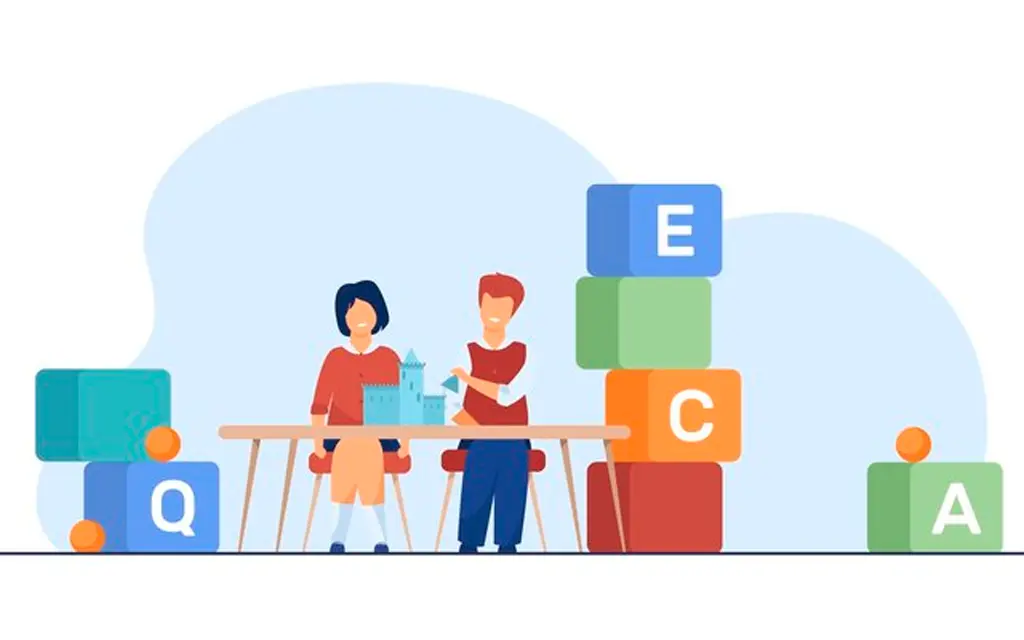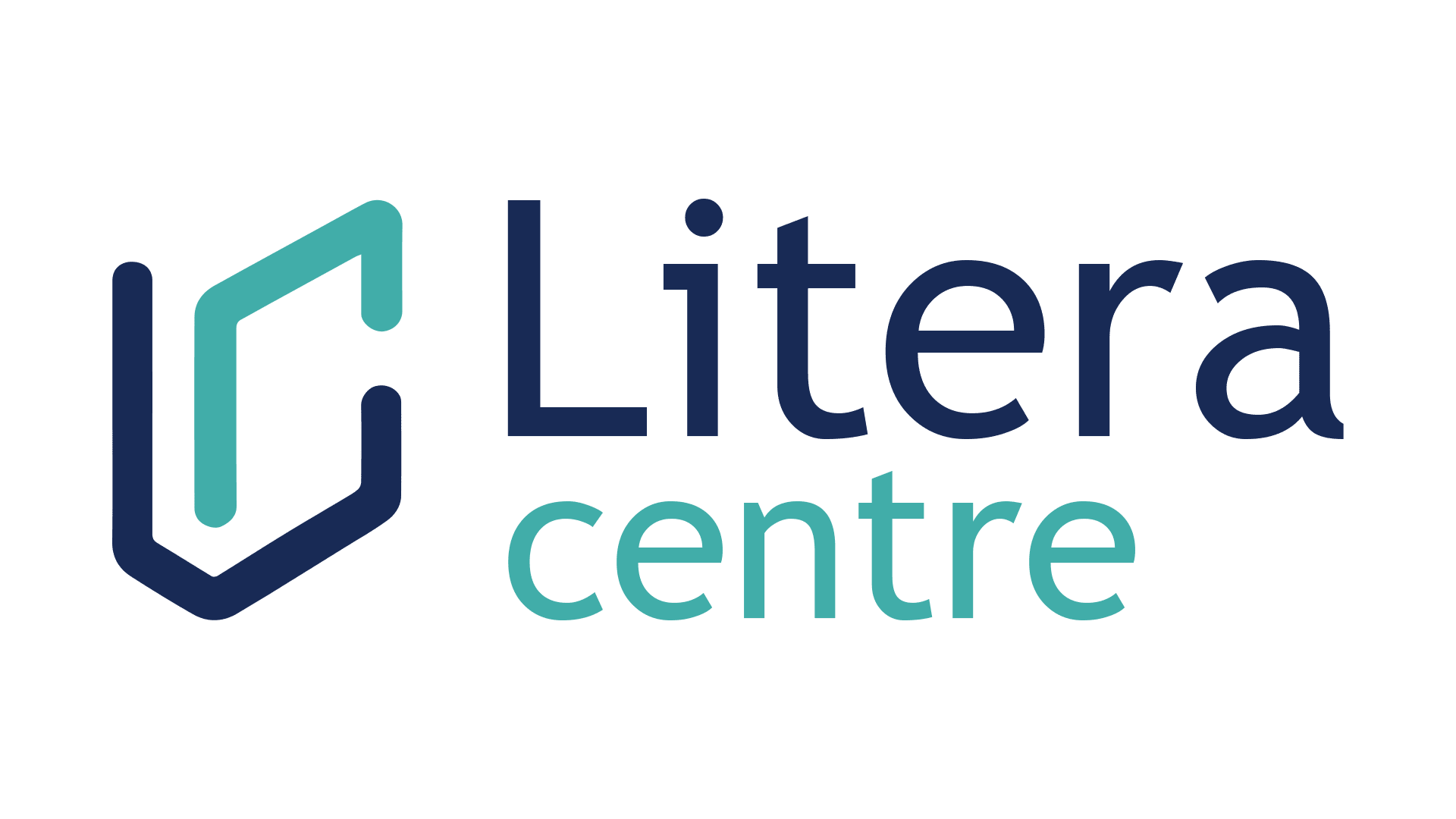Impact of Educational Technology on Student Learning Outcomes:
The International Baccalaureate (IB) recognizes the importance of ATL skills and places a strong emphasis on developing them throughout the entire curriculum. Through inquiry-based learning, collaborative activities, and thought-provoking challenges, IB students are encouraged to be active learners who are engaged in their own learning process.
Developing ATL skills requires a supportive and collaborative learning environment that allows students to take risks and learn from their mistakes. The IB curriculum is designed to provide such an environment, allowing students to flourish and reach their full potential.
The International Baccalaureate (IB) places a strong emphasis on Approaches to Learning (ATL), which are a set of skills and strategies that students can use to become effective learners. The IB recognizes that developing these skills is essential for success both academically and in life beyond the classroom.
The ATL skills that are emphasized in the IB curriculum include self-management, research, communication, and thinking skills. These skills are designed to help students become independent learners who are capable of managing their time, resources, and emotions effectively.
Additionally, these skills allow students to effectively navigate and evaluate information, communicate their ideas, and think critically and creatively.

The IB places an emphasis on developing these ATL skills throughout the entire curriculum, not just in specific subjects. For example, students are encouraged to reflect on their own learning process and set goals for improvement using self-management skills.
Research skills are developed through inquiry-based learning, while communication skills are honed through collaborative activities and presentations.
Finally, critical, and creative thinking skills are developed through challenging and thought-provoking activities that encourage students to explore multiple perspectives and solutions.
IB and ATL Skills:
IB places a strong emphasis on Approaches to Learning (ATL) skills, which are a set of skills and strategies that students can use to become effective learners. These skills include self-management, research, communication, and thinking skills, and are developed throughout the entire IB curriculum. By developing these skills, IB students are well-equipped for academic success and personal growth, as well as for their future endeavors.
Connecting ATL with IB curriculum means incorporating approaches to learning into the teaching and learning of business intelligence concepts and practices. This integration can help students develop the skills and strategies they need to succeed in IB-related fields, such as data analysis and business decision-making.
For example, a teacher could incorporate time management strategies into a data analysis course to help students better manage their time when working with large data sets. Or a teacher could incorporate communication strategies into a business decision-making course to help students effectively communicate their ideas and decisions to others.

By connecting ATL with IB curriculum, students can develop a holistic set of skills that will help them succeed both academically and professionally.
In today’s rapidly changing world, it is becoming increasingly important for individuals to possess a wide range of skills and competencies to succeed in both their personal and professional lives. While knowledge in a particular subject area is certainly valuable, it is not enough to thrive in the 21st century. This is where the IB Approaches to Learning come into play.
5 Categories of IB Approaches to Learning:

The IB Approaches to Learning encompass five categories and their respective sub-skills, which are designed to help students become well-rounded individuals who are capable of solving complex problems and thinking critically. These categories include thinking skills, communication skills, social skills, self-management skills, and research skills. Each of these categories is essential for success in today’s world.
Thinking Skills:
Thinking skills, for example, are critical for individuals to develop because they enable them to analyze complex problems and come up with innovative solutions.
Communication Skills:
Communication skills are equally important, as they enable individuals to express themselves clearly and persuasively, collaborate with others, and build strong relationships.
Social Skills:
Social skills are also essential in today’s world, as they enable individuals to work effectively in teams, demonstrate empathy and cultural sensitivity, and resolve conflicts peacefully.
Self-Management Skills:
Self-management skills, such as time management and self-reflection, are also crucial for success, as they help individuals stay organized and focused on their goals.
Research Skills:
Finally, research skills are becoming increasingly important in today’s information-driven world, as individuals need to be able to evaluate sources of information, synthesize data, and draw conclusions based on evidence.
The International Baccalaureate(IB) is an educational program that places emphasis on developing well-rounded students who are knowledgeable, inquisitive, and empathetic.
ATL approaches integrated by IB curriculum that have been studied by researchers:

Behaviorist Approach:
One of the approaches to learning that is incorporated into the IB curriculum is the behaviorist approach. In this approach, students are motivated to learn by the promise of rewards or the fear of punishment. The IB encourages positive reinforcement for good behavior and academic achievement, while also emphasizing the importance of correcting negative behavior through appropriate consequences.
Cognitive Approach:
The cognitive approach is also emphasized in the IB curriculum, which emphasizes the mental processes involved in learning. The IB focuses on the acquisition of new knowledge and the development of new mental structures that enable students to effectively organize, store, and retrieve information.
Students are encouraged to engage in critical thinking, problem solving, and analysis to develop their cognitive skills.
Constructivist Approach
The constructivist approach is also integrated into the IB curriculum, which emphasizes the importance of active learning and the role of the learner in the learning process. The IB encourages students to actively engage with the material they are learning, through inquiry-based learning, collaborative
activities, and reflection on their own learning process. Students are encouraged to ask questions, experiment, and work together to construct their own knowledge and understanding.
Sociocultural Approach:
The sociocultural approach is also emphasized in the IB curriculum, which recognizes that learning is influenced by social and cultural factors. The IB recognizes the importance of cultural norms and values in shaping learning and encourages students to engage in activities that are meaningful and relevant to their cultural context. Students are encouraged to develop intercultural understanding, respect, and empathy for others.
Humanistic Approach:
Lastly, the humanistic approach is also integrated into the IB curriculum, which emphasizes the importance of personal growth and self-actualization. The IB encourages students to pursue their own interests and passions and supports them in their pursuit of personal growth and fulfillment. This involves providing students with opportunities for self-expression, creativity, and exploration of their own interests and talents.
Teachers can help students develop Approaches to Learning skills by incorporating them into their teaching practices.
For example, teachers can provide opportunities for students to practice self-management skills by giving them control over their learning process and providing feedback on their progress. Teachers can also teach research skills by modeling how to evaluate sources of information and providing guidance on how to conduct research effectively.
Communication skills can be developed through activities such as class discussions, debates, and group projects. Finally, teachers can teach thinking skills by asking thought-provoking questions and encouraging students to think critically and creatively.
Strategies that individuals may use to enhance their learning:

Active learning:
This involves actively engaging with the material being learned, such as by asking questions, taking notes, highlighting key points, and summarizing main ideas. This can help students better understand and retain the material.
Metacognition:
This involves thinking about one’s own thinking and reflecting on one’s own learning process. This may involve setting goals, monitoring one’s own progress, and adjusting one’s learning strategies as needed.
Mnemonics:
This involves using memory aids, such as acronyms or visual imagery, to help remember information.
Elaboration:
This involves adding detail and complexity to one’s understanding of the material being learned, such as by making connections between different concepts or relating the material to real-world examples.
Practice testing:
This involves actively testing one’s own knowledge and understanding of the material being learned, such as by taking practice quizzes or exams.
Work in groups:
Collaborating with peers can help students learn from each other and get different perspectives on the material. Group study sessions can also help students stay motivated and accountable.
Review and self-test:
Students should review their notes and test their knowledge regularly to ensure hey are retaining the material. Self-testing can help students identify areas where they need to focus more attention.
Take care of yourself:
Finally, it’s important for students to take care of their physical and mental health. Getting enough sleep, eating well, and engaging in regular physical activity can all help improve academic performance and overall well-being.
Conclusion:
The IB Approaches to Learning are vital for success in the 21st century. By honing these skills, individuals can become critical thinkers, effective communicators, and problem solvers, which are essential for success in both their personal and professional lives.
Approaches to Learning (ATL) are an essential component of the IB curriculum and a valuable set of skills for any student to develop. Developing these skills helps students become successful learners and sets them up for success in all areas of their lives.
Frequently Asked Questions ( FAQ )
What are ATL skills?
ATL stands for Approaches to Learning Skills. These skills are a set of strategies, skills, and attitudes that are integrated into the International Baccalaureate (IB) curriculum. They aim to help students become self-regulated, lifelong learners by focusing on what they learn and how they learn.
What are the IB ATL skills?
The IB ATL skills are skills and strategies designed to be integrated into the curriculum and applied across all subject areas. They are divided into five major categories:
Communication: Exchanging thoughts, messages, and information effectively through interaction.
Social: Developing interpersonal skills, collaboration, and cultural awareness.
Self-management: Managing time, setting goals, and organizing oneself.
Research: Accessing and evaluating information, conducting research, and citing sources.
Thinking: Developing critical thinking, problem-solving, and decision-making skills
What is an ATL skill?
An ATL skill is one of the Approaches to Learning skills in the IB curriculum. These skills are transferable across different disciplines and help students learn how to learn. They can be learned, taught, improved with practice, and developed incrementally. ATL skills provide a solid foundation for learning independently and with others.
What is ATL in IB?
ATL stands for Approaches to Learning in the IB program. It is a framework of skills and strategies integrated into the IB curriculum to help students become self-regulated, lifelong learners. ATL skills are designed to be applied across all subject areas and are an essential part of the IB philosophy.
What are the ATL skills in IB?
The ATL skills in the IB program include communication, social, self-management, research, and thinking skills. These skills are developed throughout the IB curriculum and are designed to help students become effective learners in various contexts.
What is the IB curriculum?
The IB curriculum refers to the educational programs offered by the International Baccalaureate organization. The IB offers four high-quality international education programs: the Primary Years Program (PYP), the Middle Years Program (MYP), the Diploma Program (DP), and the Career-related Program (CP). These programs provide a comprehensive and rigorous education focusing on developing students’ intellectual, personal, emotional, and social skills.
What does ATL skills stand for?
ATL skills stand for Approaches to Learning skills. These skills are strategies, skills, and attitudes integrated into the IB curriculum to help students become self-regulated, lifelong learners. They emphasize not only what students learn but also how they learn.
What does ATL skills mean?
ATL skills refer to the Approaches to Learning Skills in the IB curriculum. These skills encompass communication, social, self-management, research, and thinking skills. They are designed to develop students’ abilities to learn effectively, think critically, collaborate, manage their time, conduct research, and communicate ideas.
Why are ATL skills important?
ATL skills are important because they help students become self-regulated, lifelong learners. These skills provide students with the tools and strategies to learn effectively, think critically, collaborate with others, manage their time, conduct research, and communicate ideas. By developing these skills, students are better prepared for future academic and professional success.
What are all the ATL skills?
The ATL skills in the IB curriculum are divided into five major categories: communication skills, social skills, self-management skills, research skills, and thinking skills. These categories encompass a range of specific skills and strategies that help students become effective learners in various contexts.





